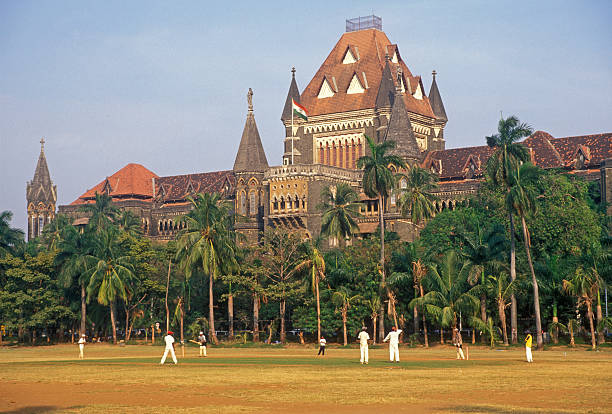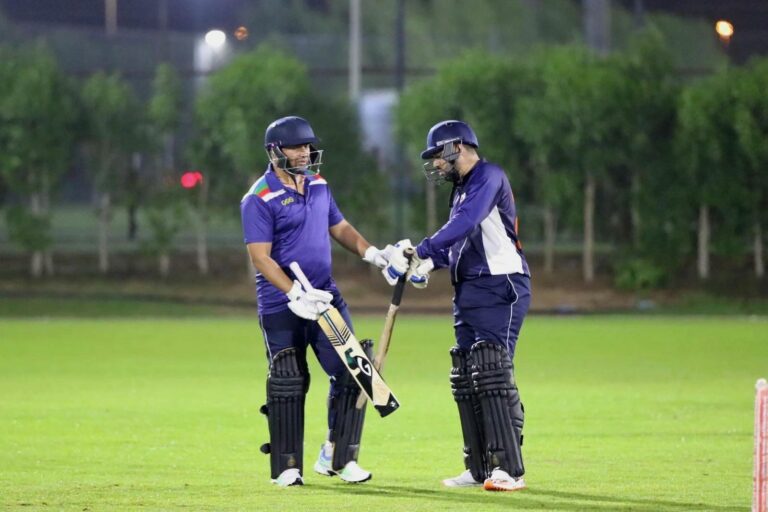Exploring the impact of regulations on IPL betting
King567, Tigerexch:In the early days of the Indian Premier League (IPL), betting on cricket matches was a widespread practice, with a large amount of money being wagered through both legal and illegal means. However, with the rise of match-fixing scandals and concerns about the integrity of the game, the need for stricter regulations on IPL betting became apparent. In response to these challenges, the Indian government and cricket authorities introduced various measures to control and monitor betting activities related to the IPL.
One of the key milestones in the history of IPL betting regulations was the establishment of the Board of Control for Cricket in India (BCCI) Anti-Corruption Unit in 2008. This unit was tasked with investigating instances of match-fixing, spot-fixing, and other forms of corruption in Indian cricket, including betting activities associated with the IPL. Additionally, the introduction of the Sports (Online Gaming and Prevention of Fraud) Bill in 2018 aimed to regulate online sports betting in India, including betting on the IPL, in order to ensure fair play and protect the interests of players and fans alike.
• The establishment of the BCCI Anti-Corruption Unit in 2008 was a significant step towards combating match-fixing and corruption in Indian cricket.
• The Sports (Online Gaming and Prevention of Fraud) Bill introduced in 2018 aimed to regulate online sports betting, including IPL betting, to protect the integrity of the game.
• Both legal and illegal betting on IPL matches have been a concern due to potential risks associated with match-fixing scandals.
Current Regulatory Framework for IPL Betting
The current regulatory framework for IPL betting in India is primarily governed by the Public Gambling Act of 1867, which prohibits gambling activities. Additionally, individual state governments have the authority to enact their own laws regarding betting and gambling, leading to a patchwork of regulations across the country. Despite the federal ban, certain states like Sikkim and Goa have legalized and regulated gambling to varying extents.
Furthermore, the Information Technology Act of 2000 addresses online betting activities by allowing the government to block websites that promote illegal betting practices. The Reserve Bank of India also plays a role in regulating transactions related to betting, monitoring financial movements to identify and prevent illegal betting practices. Despite these efforts, the regulatory landscape surrounding IPL betting remains complex and varies significantly from state to state.
Impact of Regulations on IPL Betting Market
The implementation of regulations on IPL betting has certainly shaped the dynamics of the betting market. With stricter rules in place, bookmakers and bettors alike have had to adapt to a more controlled environment. This has led to a more cautious approach from stakeholders, as the consequences of non-compliance have become more severe. As a result, the overall sentiment and behavior within the IPL betting market have shifted towards a more compliant and regulated space.
Furthermore, the impact of regulations on the IPL betting market can be seen in the transparency and accountability that now exists within the industry. With regulations in place, there is a greater emphasis on fair play and responsible betting practices. This has not only instilled a sense of trust among consumers but has also established a level playing field for all participants. Overall, the regulations have brought about a sense of legitimacy and professionalism to the IPL betting market, which is crucial for its long-term sustainability and growth.
What is the history of IPL betting regulations?
Betting on IPL matches has always been a popular activity among fans, but it has also been marred by controversies and scandals. In response, regulations have been put in place to ensure fair play and prevent corruption in the betting market.
What is the current regulatory framework for IPL betting?
The current regulatory framework for IPL betting varies depending on the region. In some countries, betting on sports, including IPL matches, is legal and regulated by government authorities. In other countries, betting on sports is illegal and considered a criminal offense.
How do regulations impact the IPL betting market?
Regulations play a significant role in shaping the IPL betting market. They can help prevent match-fixing and corruption, protect consumers from fraud and ensure a fair and transparent betting environment. However, regulations can also limit the growth of the market and restrict access to betting opportunities for fans.






